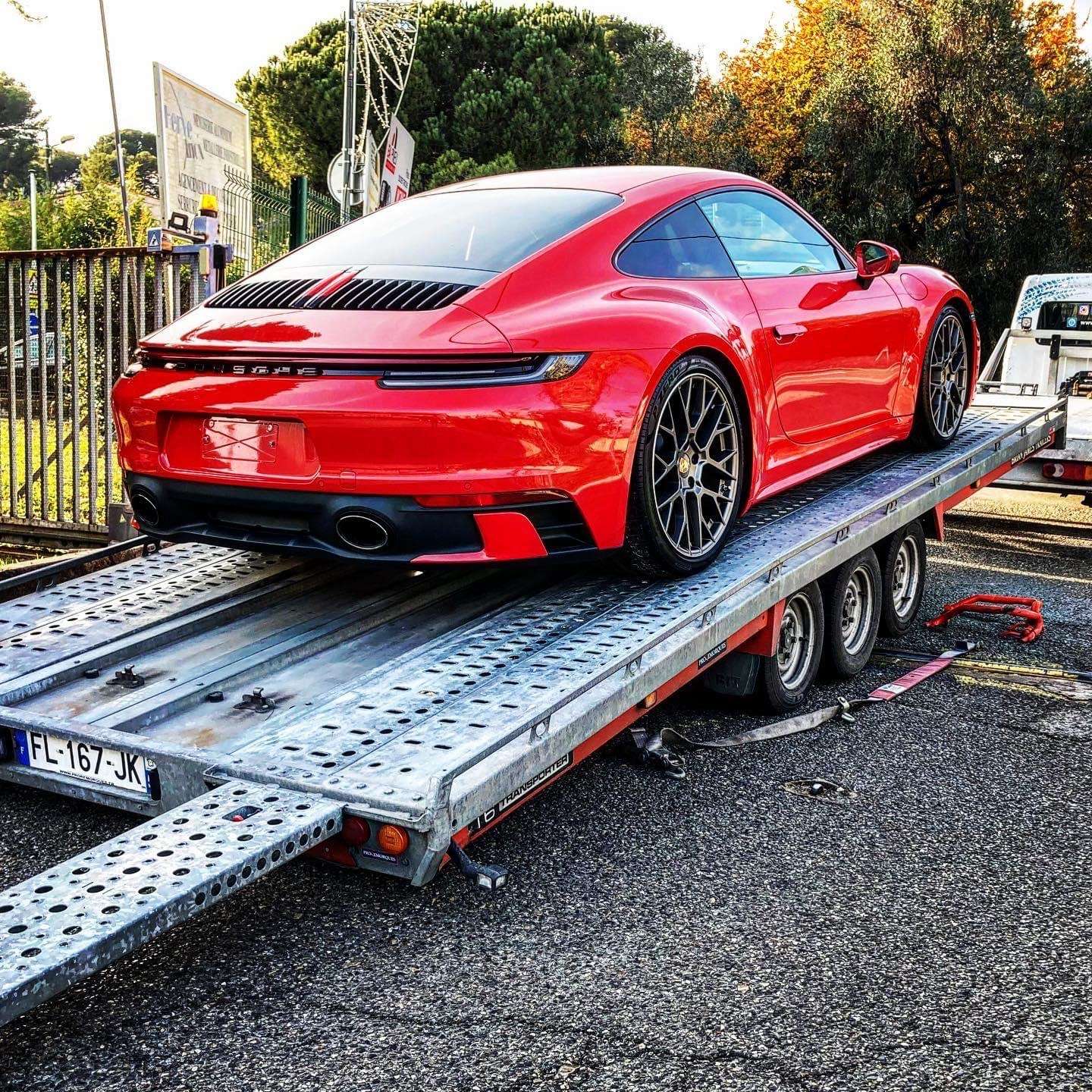With the opening of the borders in Europe, and the COVID crisis, it is more and more interesting to buy cars in other European countries, both for the price and for the immediate availability of the proposed vehicles.
However, buying a car in Germany or in Europe implies bringing it back to France where you live, so you have to find a way to do it, and at the best price. Moreover, although the borders between France and Germany are open, France requires a certain number of administrative steps to ensure that the vehicle is in order, steps that you will also have to pay for.
Concerning the repatriation, there are several solutions.
Either take a provisional registration in the country where you will pick up the vehicle.
Or by making a provisional WW in France, WARNING, it will be necessary to check that your insurance covers you, and it will also be necessary to be certain of the vehicle which you will buy, certain vehicle in Europe are not easily registrable in France, to see even not registrable.
The safest solution is to go through an importer who will be able to do the checks for you in the country where the vehicle is located, and also ensure the transaction.
It is never easy to send a certain amount of money without seeing the vehicle.
The luxury car agent will be able to do all the steps, from the contact to the delivery at your place. So contact now your car agent in Nice, Cannes, Antibes and all over France.
The necessary papers to bring back a car in France: what price?
In order to avoid the loss of income for French manufacturers and sellers, the European Union has introduced the “quitus fiscal”, a certificate provided by the tax office proving that you have paid the VAT in force in France on your car. This tax receipt is sometimes called a tax certificate and it certifies that the vehicle is in good standing with regard to VAT. Be careful, if you buy a vehicle with less than 6000km on the odometer or with a registration date of less than 6 months, you will be asked to pay 20% VAT on the vehicle because it will be considered as new.
Therefore, you will have to pay the VAT in force in France on cars, which is 20% of the price. So, if your car costs you 10 000 euros, you will have to pay 2000 euros to obtain your tax receipt. In order for your car to be legal to drive on French roads, you must also be able to show a
In order to drive your car legally on French roads, you also need to be able to present a vehicle registration document, which is a little more complicated than for a French vehicle: for a foreign vehicle, you will need to provide a COC certificate of conformity, as well as a German vehicle registration document. These steps are not free: obtaining a certificate of conformity will cost you between 100 and 2500 euros, more or less depending on the imported model.
You will have to add to that the famous CO2 tax as well as the price of the vehicle registration document depending on your region and a technical inspection will be mandatory if the vehicle is more than 4 years old.

